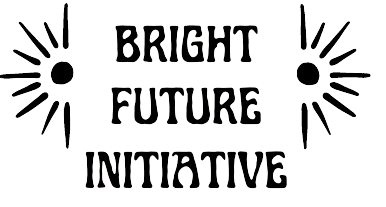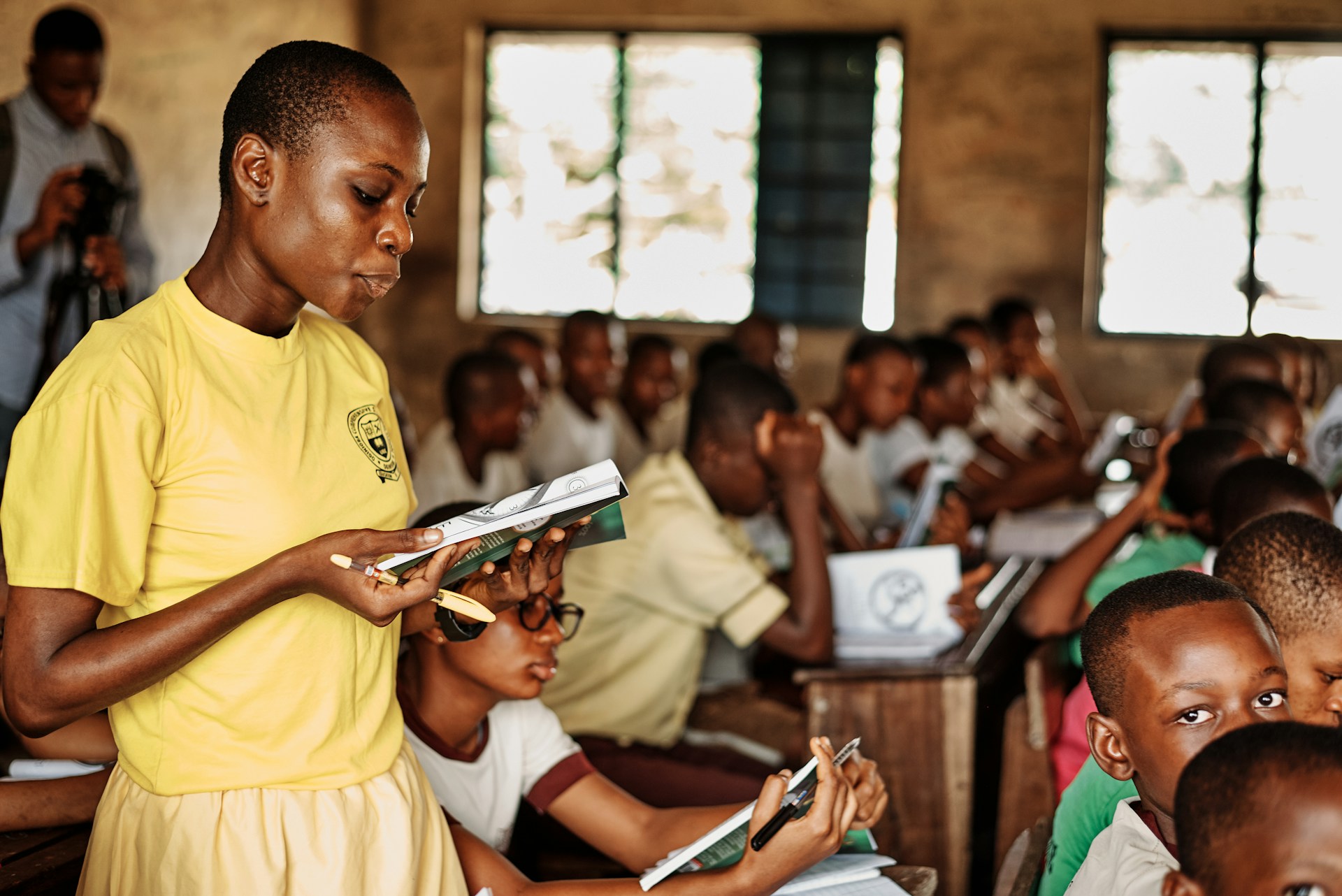Immigration has a significant impact on various aspects of society, with education being one of the most influential areas affected. Immigrant children and families often face unique challenges that can influence their educational experience, academic performance, and mental well-being. For many children, adjusting to a new culture, language, and environment can be overwhelming. Non-profit organizations, such as the Bright Future Initiative, play an important role in supporting immigrant children and families, providing resources and programs to help them succeed academically and emotionally.
This discussion examines the impact of immigration on children’s education, focusing on the challenges, both positive and negative impacts, and the support offered by individual organizations.
Immigration and Education
The educational experience for immigrant children often differs significantly from that of their native-born peers. Adjusting to a new educational system, often with language barriers and unfamiliar cultural norms, can pose additional hurdles for these children. Schools and communities that recognize the impact of immigration on children’s education can create environments that support their growth and integration.
The Bright Future Initiative is one such organization working to close this gap by providing resources, mentorship, and programs that help immigrant children adjust and succeed in their academic journey.
How Does Immigration Affect a Person?
Impact of immigration exists over individuals in profound ways, especially for children who must adapt to a new country, language, and culture. Many immigrants face discrimination, language barriers, financial instability, and the challenge of balancing their original culture with their new environment. Children are particularly susceptible to these impacts as they often bear the weight of their families’ expectations to succeed academically while navigating social integration.
Immigrant children may also face additional pressures to help family members with translation, work part-time, or care for younger siblings. These demands can strain their ability to focus on education, affecting their mental health and academic success.
Impact of Immigration on Society
Impact of immigration is wide in the society now a days, contributing to cultural diversity, economic growth, and innovation. However, the social integration of immigrant families, especially children, presents challenges that communities must address to ensure equity in education and opportunity. Schools and community organizations play a vital role in fostering inclusive environments where immigrant children can feel supported. Various organizations help bridge the gap by promoting cultural understanding, offering language support, and providing resources that benefit not only the immigrant community but also the broader society by fostering a culture of acceptance and resilience.
What Do Immigrant Children Struggle With?
Immigrant children face multiple challenges in their educational journey, including:
Language Barriers: For many immigrant children, learning a new language can be difficult and impact of immigration also visible in their academic performance. Schools may not always have the resources or staff to provide adequate language support.
- Social Integration: Adjusting to a new social environment can be challenging, especially if children experience discrimination or feel excluded due to cultural differences.
- Economic Hardship: Many immigrant families face financial challenges that can limit access to educational resources like tutoring, technology, and extracurricular activities.
- Mental Health Struggles: Immigrant children often experience stress and anxiety from navigating their identity in a new environment, which can affect their mental well-being and academic focus.
Our NGO addresses these struggles by providing access to language support, counseling services, and mentorship programs, creating a supportive network for immigrant children to feel included and capable.
How Does Immigration Affect Children’s Education?
Impact of immigration is found on children’s education in both direct and indirect ways. Language barriers, cultural differences, and economic challenges can hinder academic performance, limiting children’s potential to thrive in school. Additionally, the psychological effects of feeling different or facing discrimination can impact their motivation and self-esteem.
In a new educational system, immigrant children may feel overwhelmed or unsure about academic expectations. This adjustment phase can affect their academic performance as they navigate a balance between cultural integration and preserving their identity. The Bright Future Initiative helps by offering culturally sensitive programs that give children the tools they need to succeed without losing their sense of self, helping them build a strong foundation for future academic success.
Positive Effects of Immigration on Education
Despite the challenges, there are positive impact of immigration on education:
- Cultural Diversity in Classrooms: Immigrant students bring diverse perspectives, enriching classroom discussions and promoting cultural awareness among their peers.
- High Motivation and Resilience: Many immigrant children are highly motivated to succeed academically, often driven by the desire to contribute to their families’ stability and future.
- Bilingualism and Multicultural Skills: Growing up bilingual or multilingual gives immigrant children cognitive and social advantages, which can be assets in the workforce.
Our NGO recognizes these strengths and supports immigrant children by encouraging them to celebrate their heritage while providing the resources to excel in school.
Negative Effects of Immigration on Education
While there are benefits, immigration can also pose challenges to children’s education, including:
- Language Barriers Affecting Learning: Limited language proficiency can affect understanding in key subjects and hinder communication with teachers and classmates.
- Discrimination and Social Isolation: Immigrant children may face prejudice, which can lead to social isolation, impacting their mental health and academic engagement.
- Economic Barriers: Financial difficulties can prevent immigrant children from accessing educational resources, such as tutoring, technology, or extracurricular activities, which are essential for holistic learning experiences.
To counter these negative effects, we provide scholarships, tutoring services, and mental health support for immigrant children, creating a pathway for them to overcome obstacles and reach their potential.
Conclusion
Impact of immigration are visible in the educational experience of immigrant children, with both positive and negative outcomes shaping their academic journey and mental well-being. The struggles of navigating a new language, social environment, and cultural expectations can create barriers to success, while the resilience and motivation many immigrant children display offer valuable contributions to society. Individual organizations are essential in mitigating the challenges immigrant children face by providing resources, emotional support, and educational opportunities that empower them to thrive academically and socially.
Through mentorship, language assistance, and mental health resources, Bright Future Initiative fosters a supportive environment that not only enhances the educational success of immigrant children but also strengthens the fabric of society by nurturing a generation of diverse and resilient learners.


